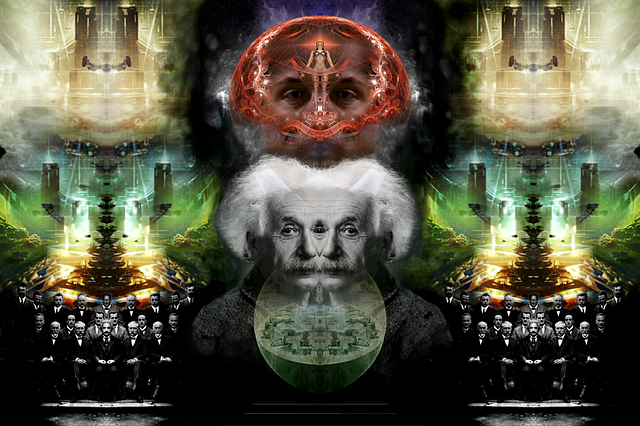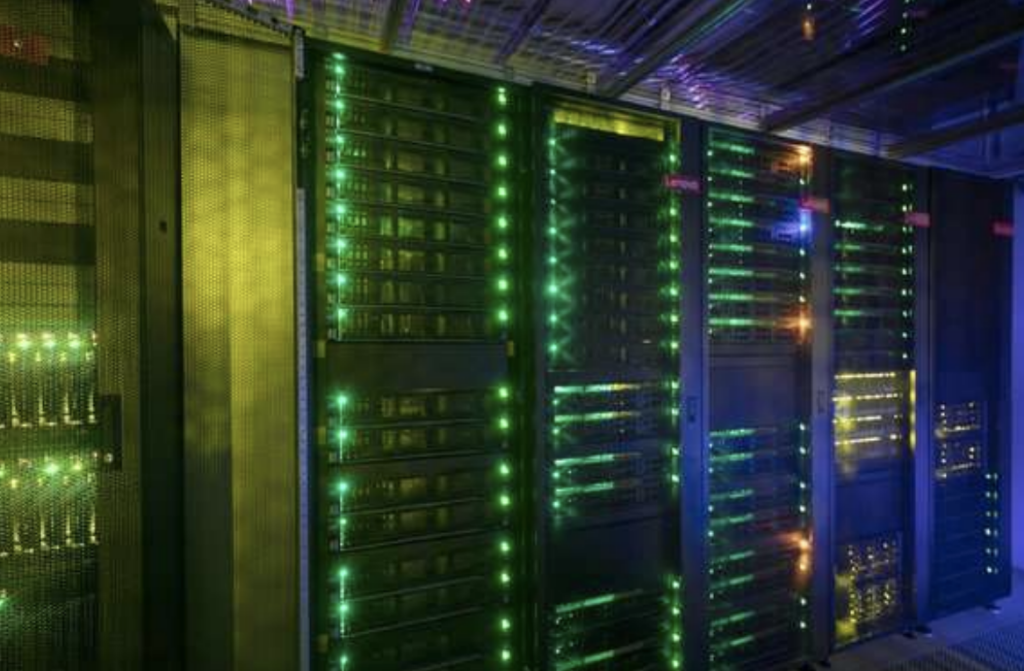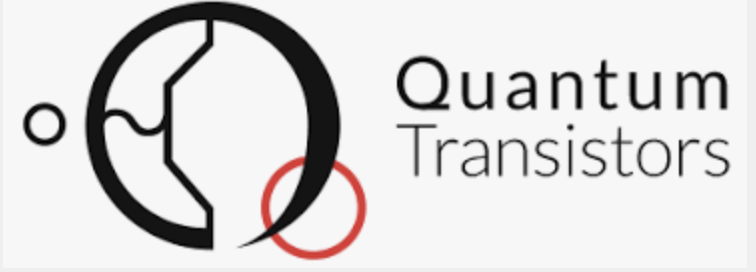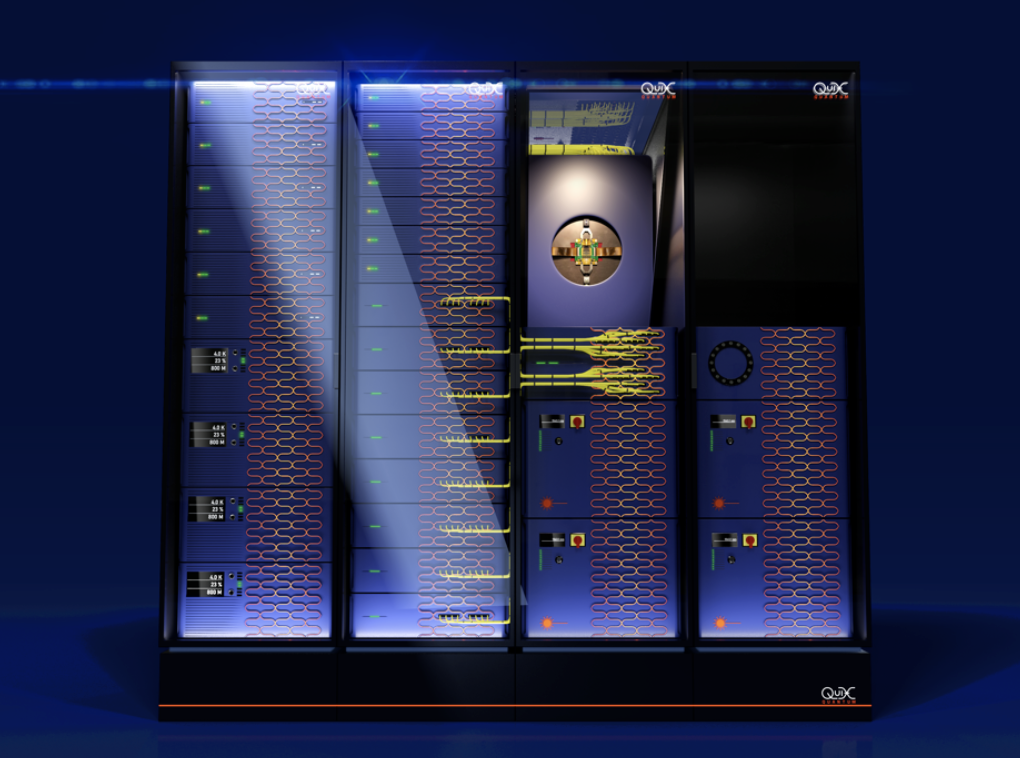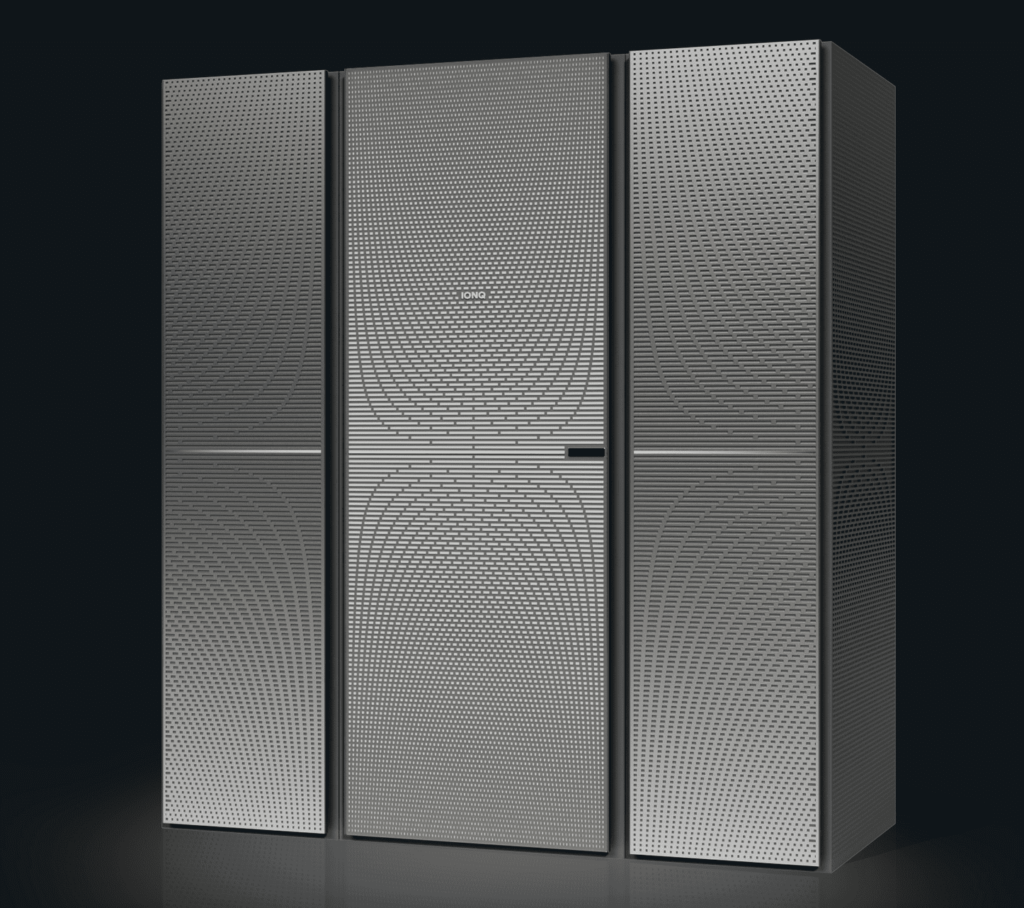Insider Brief:
- Oxford Instruments has announced that Professor Angelo Di Bernardo, Associate Professor in the Department of Physics at the University of Konstanz, and Dr. Alexander Grimm, a researcher in the Photon Science Division at the Paul Scherrer Institut have been selected as the joint winners of the 2022 Nicolas Kurti Science Prize.
- The Award recognizes Di Bernardo’s achievements in the spectroscopy of spin-polarised (spin-triplet) states in superconductor/ferromagnet hybrids and for the discovery of new coupling effects and quantum phases existing at the surfaces and interfaces of strongly-correlated electron materials and materials with low dimensionality.
- Grimm earnt his place as an Award winner for his work on non-linear effects in Josephson junctions for quantum information processing.
- Stuart Woods, Managing Director at Oxford Instruments NanoScience, says it is great to see such innovative and groundbreaking work being produced in low-temperature physics which will make a genuinely impactful difference to the developing field.
PRESS RELEASE — Oxford, UK/September 22, 2022 — Oxford Instruments is delighted to announce that Professor Angelo Di Bernardo, Associate Professor in the Department of Physics at the University of Konstanz, and Dr Alexander Grimm, a researcher in the Photon Science Division at the Paul Scherrer Institut have been selected as the joint winners of the 2022 Nicolas Kurti Science Prize.
The Award recognises Di Bernardo’s achievements in the spectroscopy of spin-polarised (spin-triplet) states in superconductor/ferromagnet hybrids and for the discovery of new coupling effects and quantum phases existing at the surfaces and interfaces of strongly-correlated electron materials and materials with low dimensionality.
Grimm earnt his place as an Award winner for his work on non-linear effects in Josephson junctions for quantum information processing, involving:
i) the experimental demonstration of antibunching statistics in the photons emitted by inelastic Cooper-pair tunnelling through a voltage-biassed Josephson junction

ii) The creation of a novel autonomously stabilised qubit in a two-photon driven Kerr-nonlinear superconducting resonator.
The objective of the Nicholas Kurti Science Prize is to promote and recognise the novel work of young scientists working in the fields of low temperatures and/or high magnetic fields in Europe.
Stuart Woods, Managing Director, Oxford Instruments NanoScience said, “Both Grimm’s and Di Bernardo’s work is incredibly exciting — evidenced by the panel’s inability to choose between them for this year’s prize. It is great to see such innovative and groundbreaking work being produced in low-temperature physics which will make a genuinely impactful difference to the developing field.”
Dr Alexander Grimm said, “I feel truly honoured to be awarded the Nicholas Kurti prize. It highlights the emerging research areas of Josephson photonics and bosonic quantum information processing, both of which rely on the amazing versatility of the Josephson junction as a generator of nonlinear processes at the quantum level. I am very happy to have been able to contribute to these fields. At the same time I would like to emphasise that our research is always a team effort and so I would like to recognize the contributions of my colleagues and collaborators to our scientific results.”
Professor Angelo Di Bernardo said, “I am honoured to receive the Nicholas Kurti prize. The prize highlights the importance of characterising novel states and phases emerging from the coupling of superconductors to other materials for the development of low-dissipation superconducting electronics. I want to express my sincere gratitude to the awarding committee and to all the fantastic researchers with whom I have had the pleasure to collaborate.”
About Professor Angelo Di Bernardo
Based on his significant achievements in the field of unconventional superconductors, Professor Di Bernardo moved to Konstanz University in October 2019 where he built and now heads up his independent research group, ‘Superspintronics with oxides and 2D materials’, which was funded by the prestigious Sofja-Kovalevskaja-Award of the Alexander von Humboldt Foundation. The strides Di Bernardo’s team have made in the field, such as their discovery that an unconventional method, like low-energy muon spectroscopy, has huge potential in the exploration of spectroscopic properties of unconventional superconducting phases, suggests that Di Bernardo’s name will become increasingly associated with the literature published in this developing field.
About Dr Alexander Grimm
Grimm’s work on the Josephson junction has streamlined and simplified the process of manipulating photons in order to convert complex microwave drives into interesting quantum mechanical states of light. Grimm’s device — unlike the previous method which involved utilising complex and high-powered microwave drives — can emit these states while only being addressed by a simple DC voltage. These new discoveries will enable a novel approach to generating and manipulating quantum microwaves, and will have a wide array of applications in experiments which explore quantum amplification and microwave lasing.
About the Nicholas Kurti Science Prize
The 2022 Nicholas Kurti Science Prize selection committee is chaired by Professor George Pickett, Lancaster University and includes Professor Rolf Haug, Universität Hannover, Professor Vladimir Dmitriev, P L Kapitza Institute, Moscow, Professor Dominik Zumbühl, University of Basel and Dr Silviano De Francheshi, CEA-INAC.
Oxford Instruments is aware that there is a critical and often difficult stage for many between completing their PhD and gaining a permanent research position. The company therefore would like to help individuals who are producing innovative work by offering assistance both financially and through the promotion of their research work. The prize is named after Professor Nicholas Kurti (1908–1998), who is known for his distinguished work in ultra-low temperature physics at the Clarendon Laboratory, Oxford University.
The previous winners of the Nicholas Science Prize are Rebeca Ribeiro-Palau, Centre de Nanosciences et de Nanotechnologies (C2N), CNRS, Saclay, France, Landry Bretheau, Institut Polytechnique de Paris and Dr. Tino Gottschall, Group Leader at Dresden High Magnetic Field Laboratory.
– ends –
Issued for and on behalf of Oxford Instruments NanoScience
For further information please contact:
Stephanie Forrest
Oxford Instruments NanoScience
Email: [email protected]
About Oxford Instruments NanoScience
Oxford Instruments NanoScience designs, supplies and supports market-leading research tools that enable quantum technologies, new materials and device development in the physical sciences. Our tools support research down to the atomic scale through creation of high performance, cryogen-free low temperature and magnetic environments, based upon our core technologies in low and ultra-low temperatures, high magnetic fields and system integration, with ever-increasing levels of experimental and measurement readiness. Oxford Instruments NanoScience is a part of the Oxford Instruments plc group.
For more market insights, check out our latest quantum computing news here.
SOURCE: Oxford Instruments NanoScience


